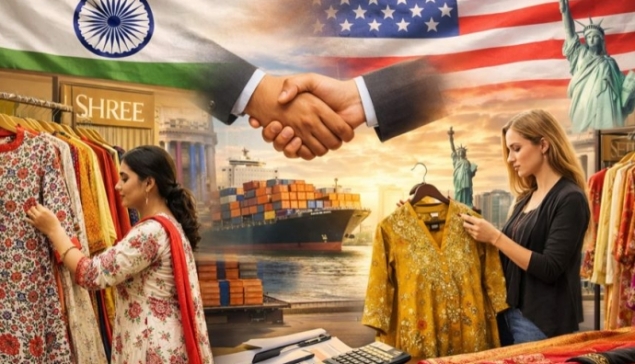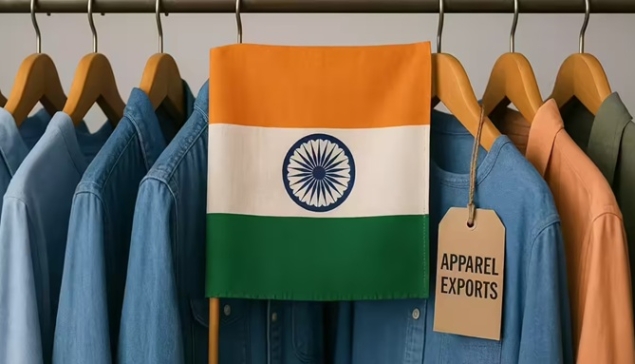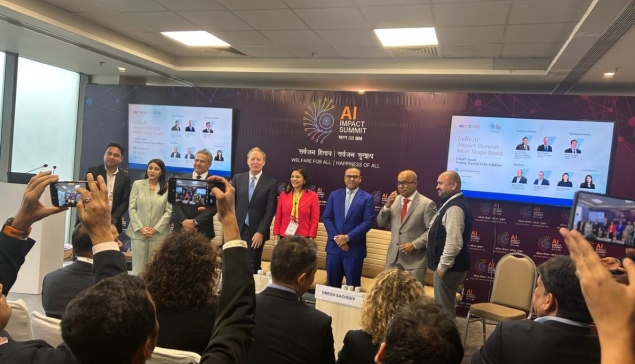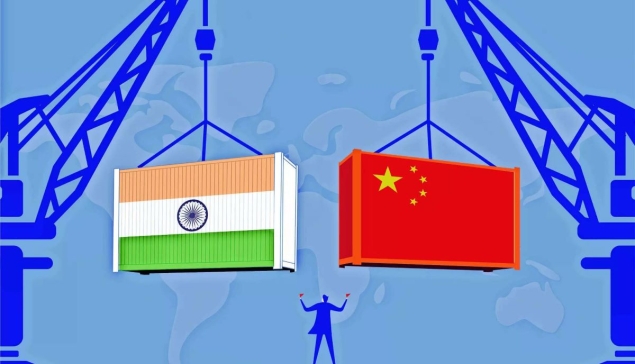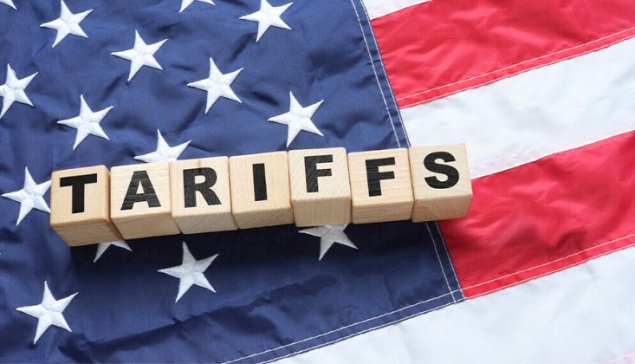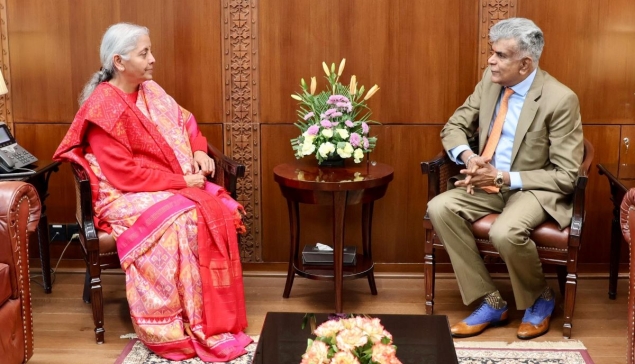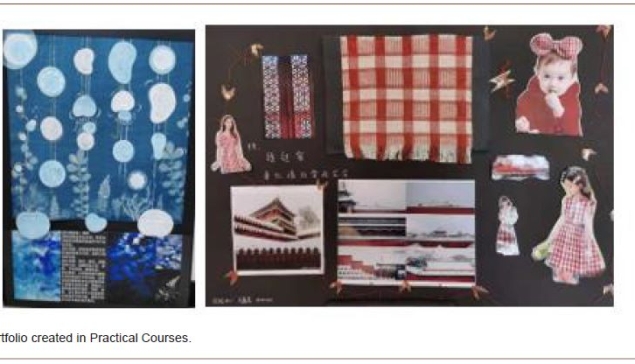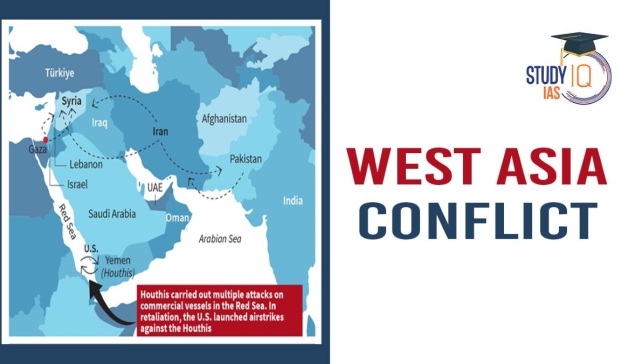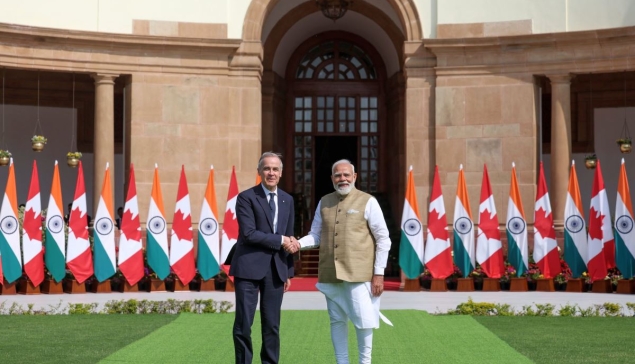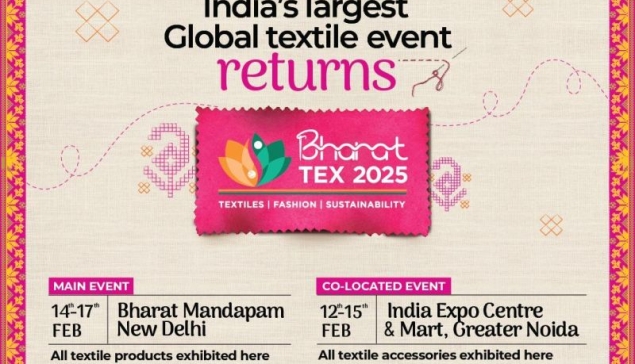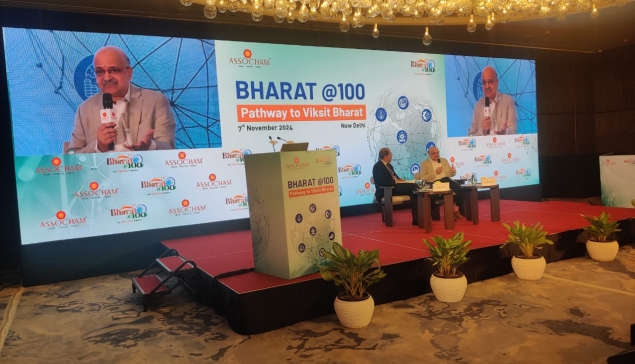Brands are doubling down on heritage and authenticity while adapting to the changing desires of "New Age" consumers. Shaped by the pandemic, these consumers seek meaningful purchases that reflect their values.
Market on the Rise
Market Research Future paints a bright picture for luxury apparel, predicting a staggering $139.2 billion market by 2030. E-commerce is booming, with luxury brands collaborating with renowned designers on exclusive, limited-edition collections.
Apparel remains king, driven by Gen X consumers and women. Interestingly, physical stores are expected to make a comeback, with new, immersive flagship stores opening in major cities.
India: The New Luxury Frontier
Since Louis Vuitton's arrival in 2002, India has transformed into the world's fastest-growing luxury market. Hundreds of international brands have flocked to India, with the market reaching a remarkable $8.5 billion in 2023 (Euromonitor International). Understanding the nuances of this market is crucial for success.
Notably, pandemic travel restrictions fueled a surge in domestic luxury consumption as wealthy Indians shopped locally. This trend shows no signs of slowing down.
Dominant Players and Shifting Trends
Reliance Brands (RBL) reigns supreme, boasting partnerships with over 60 international brands like Tiffany and Burberry. They also invest in homegrown luxury houses. Global brands are now showcasing their latest collections in India, alongside special India-specific designs. LVMH and The Collective (owned by Aditya Birla) exemplify this trend.
The lucrative Indian wedding market is another significant growth driver, with luxury fashion houses like Purple Style Labs playing a major role. Industry estimates suggest India's luxury market is a staggering Rs 10,000-12,000 crore, with wedding collections valued at a phenomenal Rs 7,000-8,000 crore.
Challenges and the Road Ahead
Many luxury brands in India still operate through a limited number of stores (2-3) concentrated in major cities. This approach prioritizes local customer service over catering to Indian shoppers abroad. Analysts believe sustained growth could propel India to become the next luxury powerhouse, mirroring China's remarkable trajectory.
Embracing Technology and Sustainability
To cater to discerning customers, luxury brands must become tech-savvy. Digital retail, AI, and other technologies can enhance brand relevance, strengthen customer loyalty, and ultimately drive sales growth. Additionally, the growing focus on sustainability necessitates adaptation for premium retailers and brands. Encouraging repair, promoting recycling, and facilitating product resale and rentals are crucial steps towards a more circular and environmentally conscious fashion industry.


